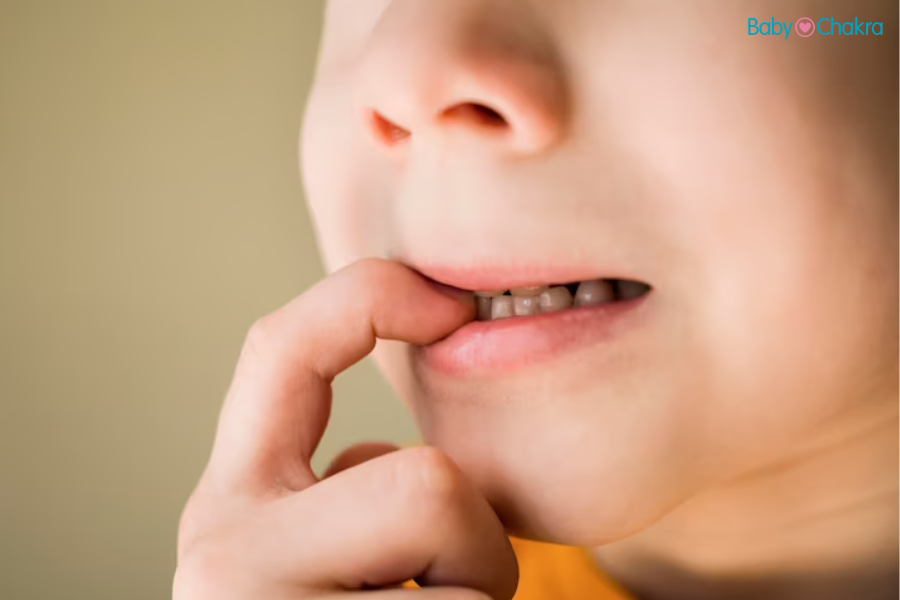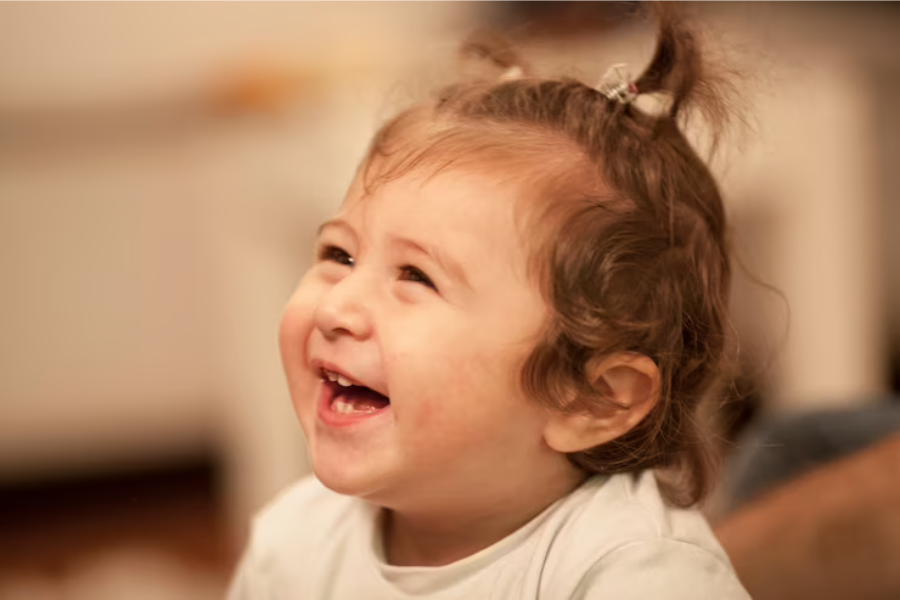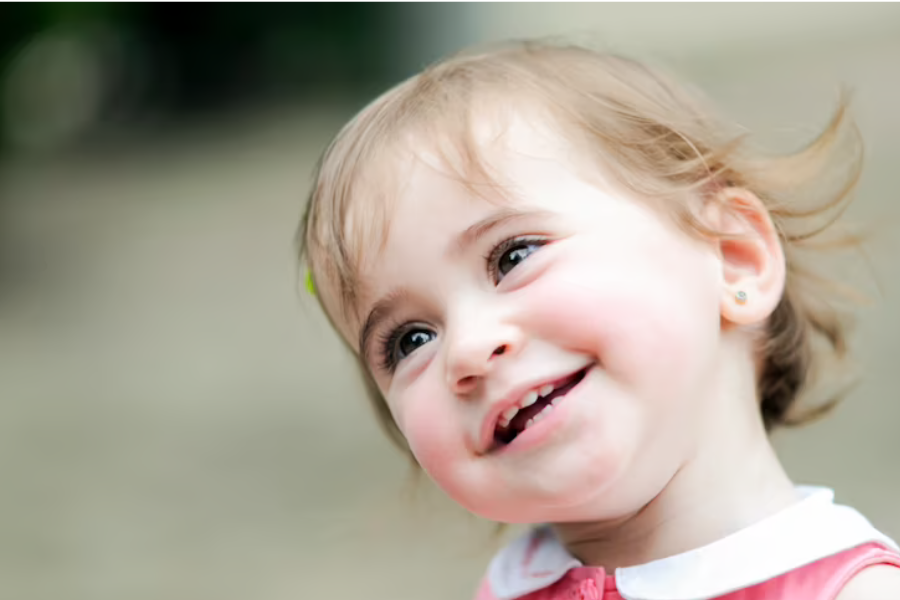
7 Fascinating Facts About Baby Teeth You Didn’t Know
28 Apr 2023 | 4 min Read
Manisha Pradhan
Author | 1053 Articles
Baby teeth, also known as primary teeth or milk teeth, are an essential part of a child’s growth and development. They are often seen as temporary placeholders, but they play a crucial role in a child’s speech development, nutrition, and self-esteem.
These fascinating facts about baby teeth are sure to surprise you. Get ready to be amazed by these tiny chompers that pave the way for a lifetime of smiles!
7 Fascinating Facts About Baby Teeth
Baby Teeth Begin to Form in the Womb
Although baby teeth don’t make an appearance until a few months after birth, they start to form during the mother’s pregnancy. In fact, by the time a baby is born, all 20 primary teeth are already present in the jaw, waiting to emerge.
The Teething Timeline Varies
While most babies start teething around six months of age, some may begin as early as three months or as late as a year. The lower front teeth, called incisors, usually appear first, followed by the upper front teeth. The molars and canines follow, with the last baby teeth typically coming in by the time a child is three years old.

Baby Teeth Fall Out in a Specific Order
Just as baby teeth emerge in a particular sequence, they also fall out in a predictable order. Generally, the same order in which they appeared is the order in which they’ll be replaced by permanent teeth. This process usually begins around age six and continues until about age 12.
Baby Teeth Affect Adult Teeth
Baby teeth serve as placeholders for adult teeth. They guide the permanent teeth into their proper position as they erupt. If a baby tooth is lost too early, the neighbouring teeth may shift, resulting in crooked or misaligned adult teeth. That’s why it’s crucial to take good care of your child’s primary teeth.
Enamel is Thinner on Baby Teeth
Baby teeth have thinner enamel compared to permanent teeth, making them more vulnerable to cavities and decay. Parents should introduce good oral hygiene habits early on to help protect their child’s teeth from damage.

Baby Teeth Have Fewer Roots
Unlike adult teeth, which typically have multiple roots, baby teeth have a simpler structure with fewer roots. For example, baby molars have only two roots, whereas their permanent counterparts have three or four. This structural difference makes baby teeth slightly less stable, explaining why they eventually fall out to make way for permanent teeth.
Baby Teeth Can Be a Source of Stem Cells
Baby teeth contain dental pulp, a rich source of stem cells that can be harvested and stored for future use. These stem cells have the potential to treat various medical conditions, including nerve damage, spinal cord injuries, and even neurological disorders such as Parkinson’s disease. Many parents now opt to preserve their child’s baby teeth in specialized dental stem cell banks as a form of biological insurance for their family’s health.
Baby teeth are more than just a fleeting phase in a child’s life. They play an essential role in the growth and development of children, laying the foundation for a healthy and happy smile.
By understanding these fascinating facts about baby teeth, parents can better appreciate their significance and prioritise their child’s oral health. From forming in the womb to holding the potential for life-changing medical treatments, baby teeth are truly a marvel of nature.
Recommended natural products for babies
Also Read:
13 Tips On Creating A Safe Environment When A Baby Starts Crawling
Bipasha Basu Loves Dancing With Daughter Devi: Benefits Of Dance And Music For Babies
Cover image source: freepik
A


Related Topics for you
Suggestions offered by doctors on BabyChakra are of advisory nature i.e., for educational and informational purposes only. Content posted on, created for, or compiled by BabyChakra is not intended or designed to replace your doctor's independent judgment about any symptom, condition, or the appropriateness or risks of a procedure or treatment for a given person.


